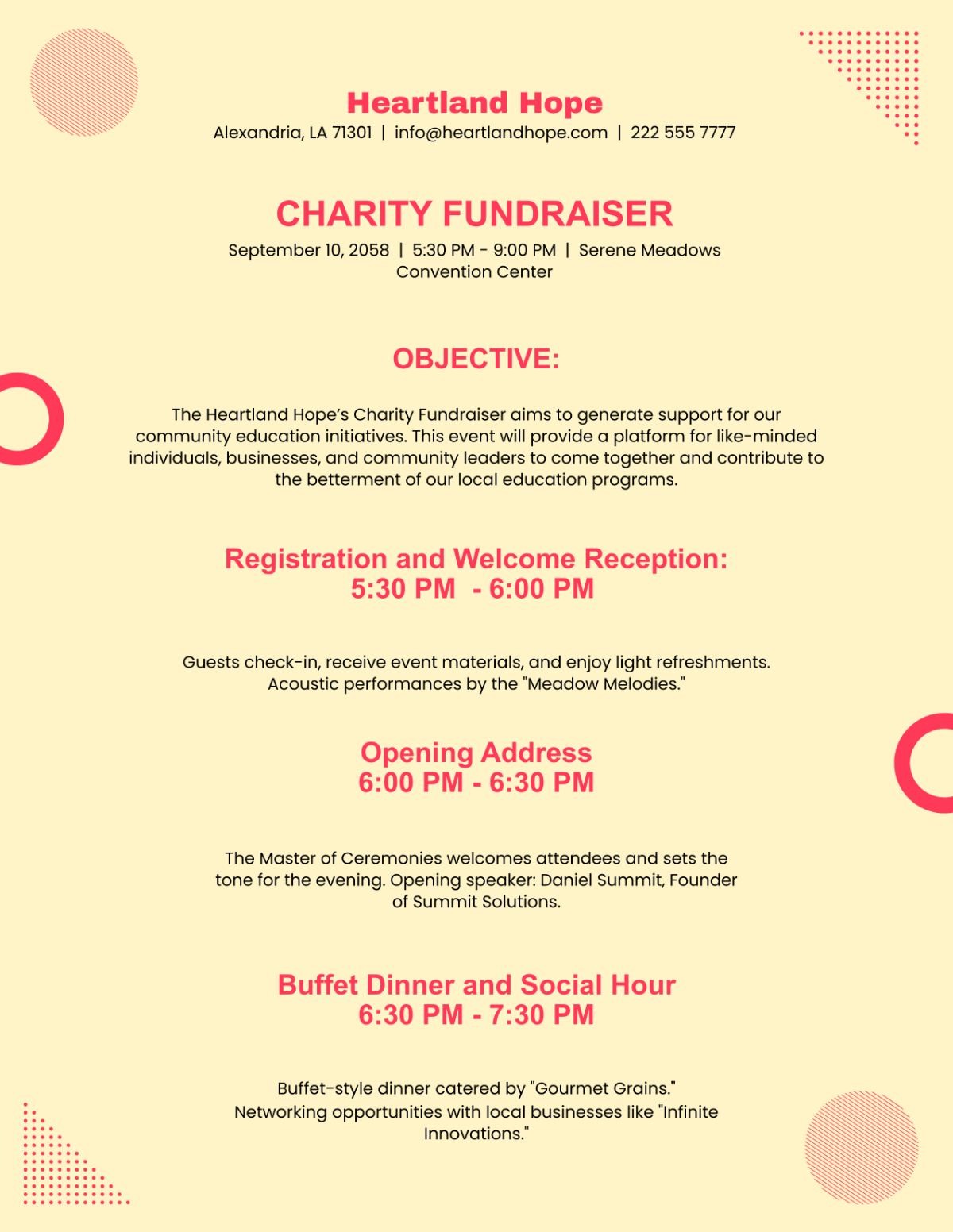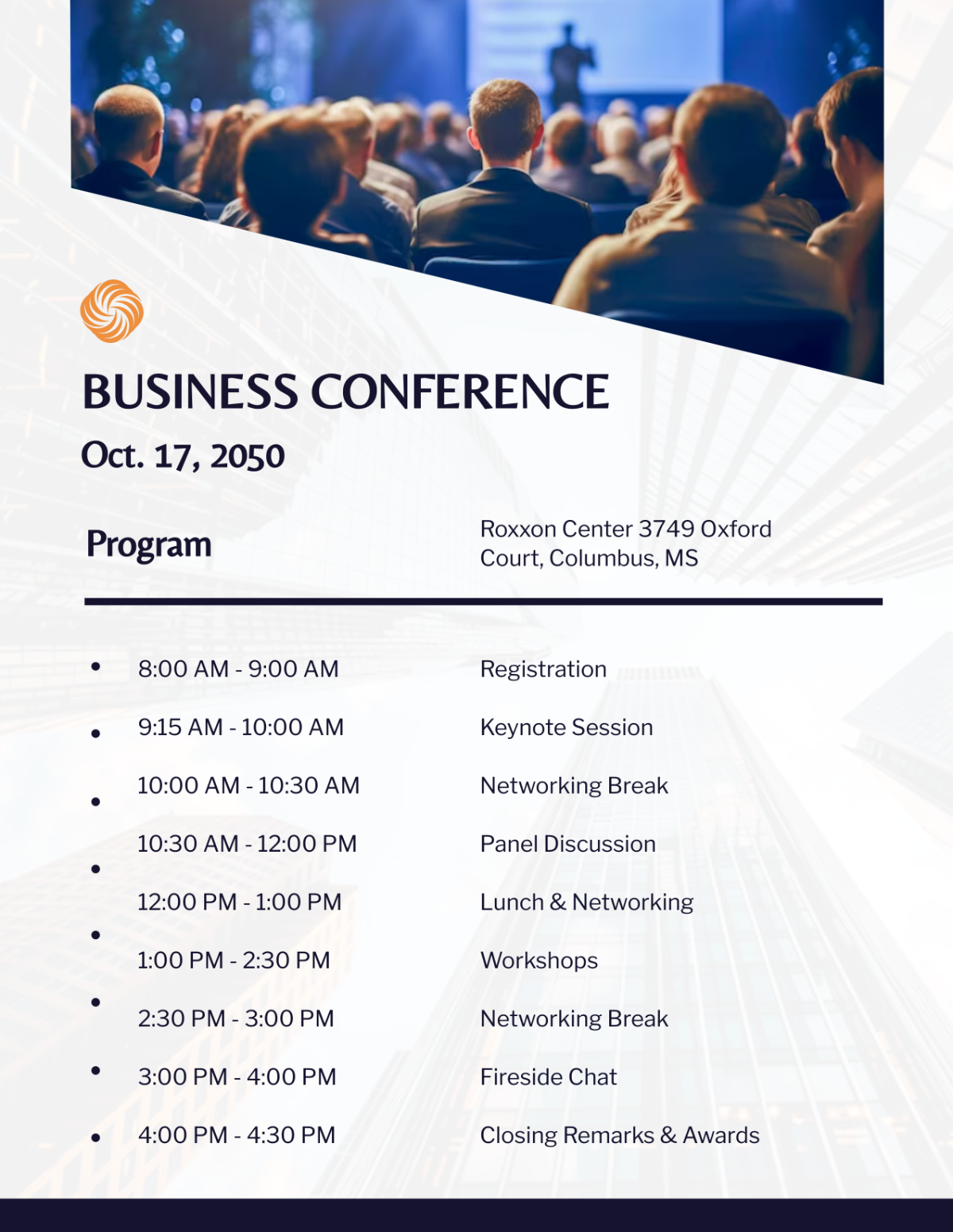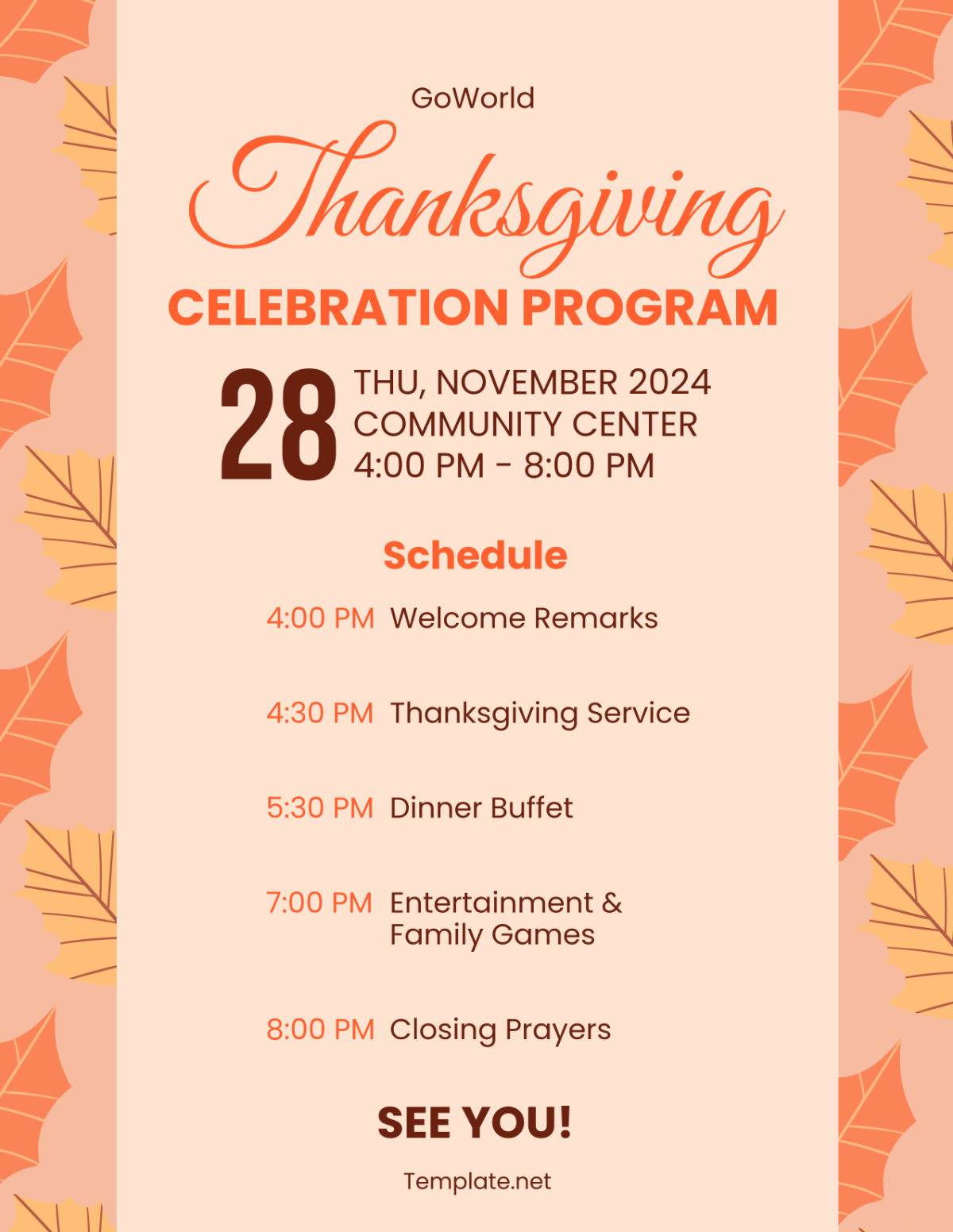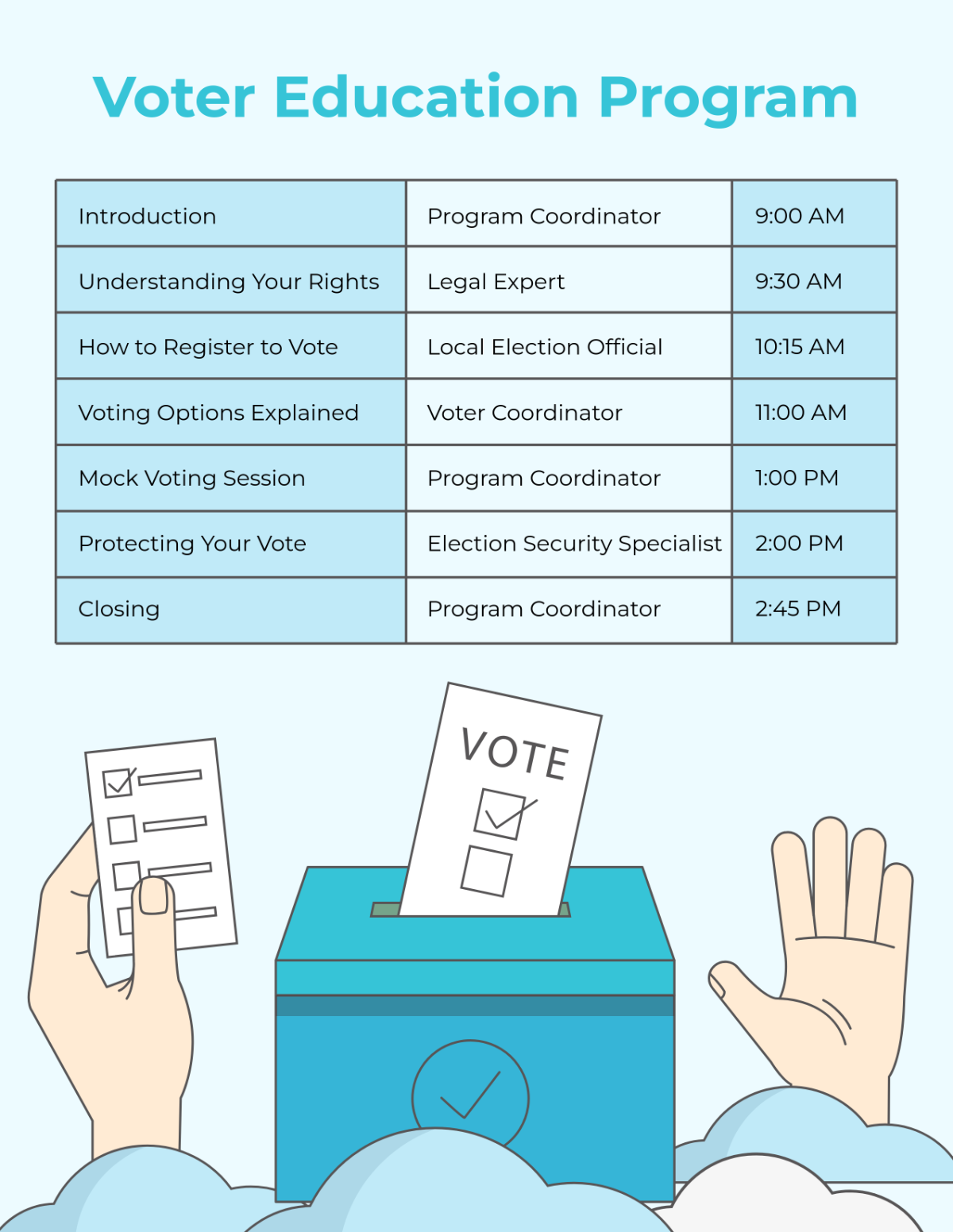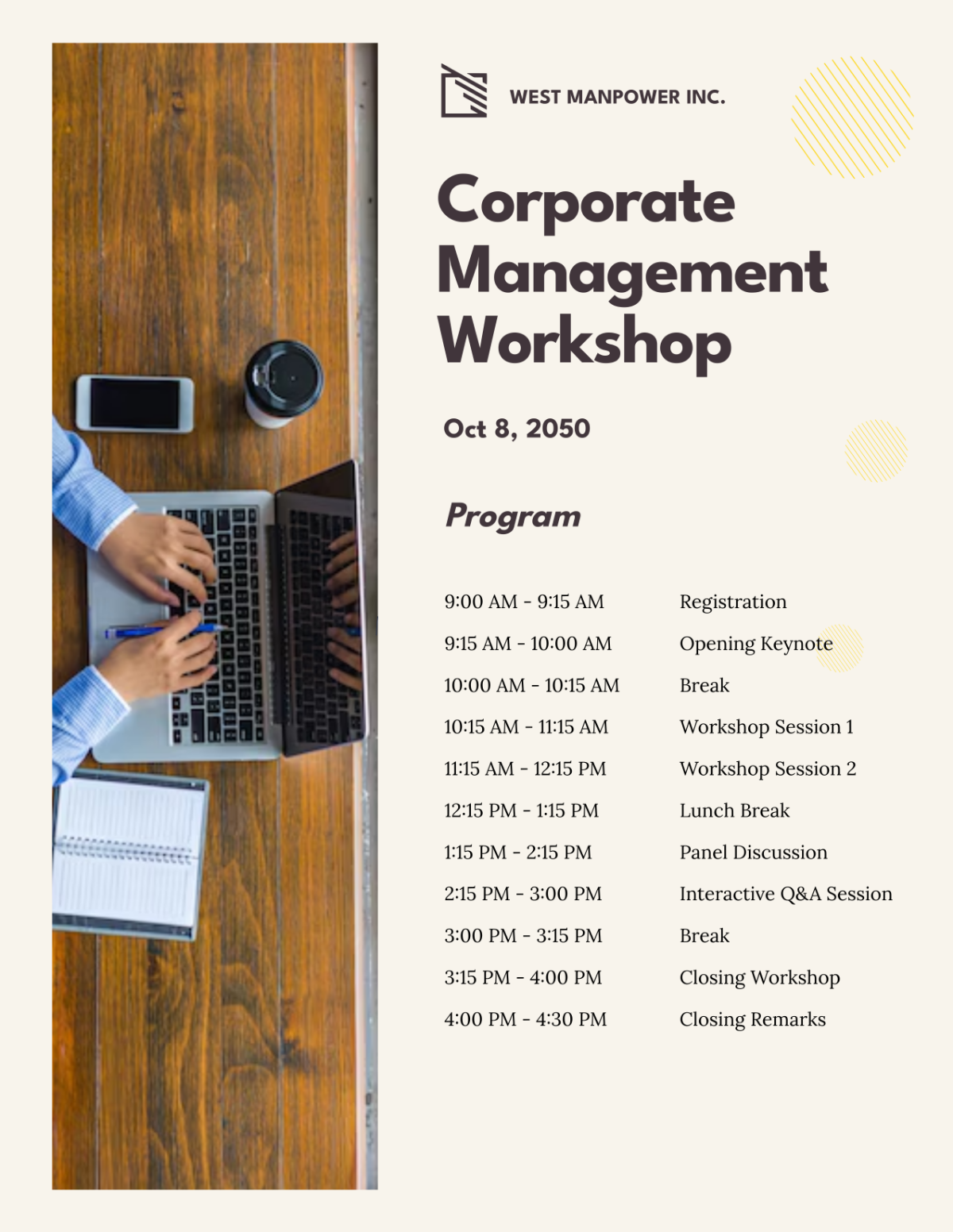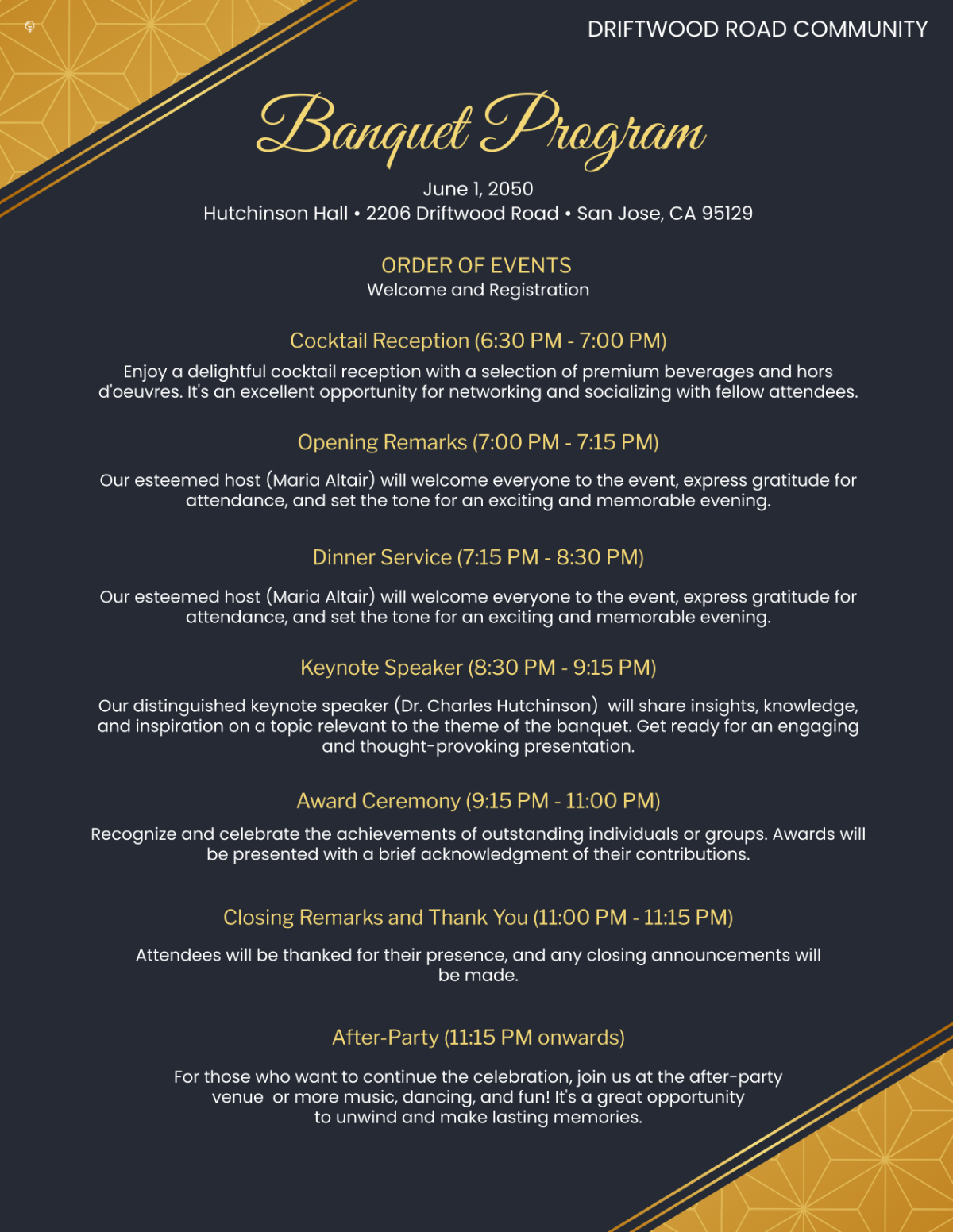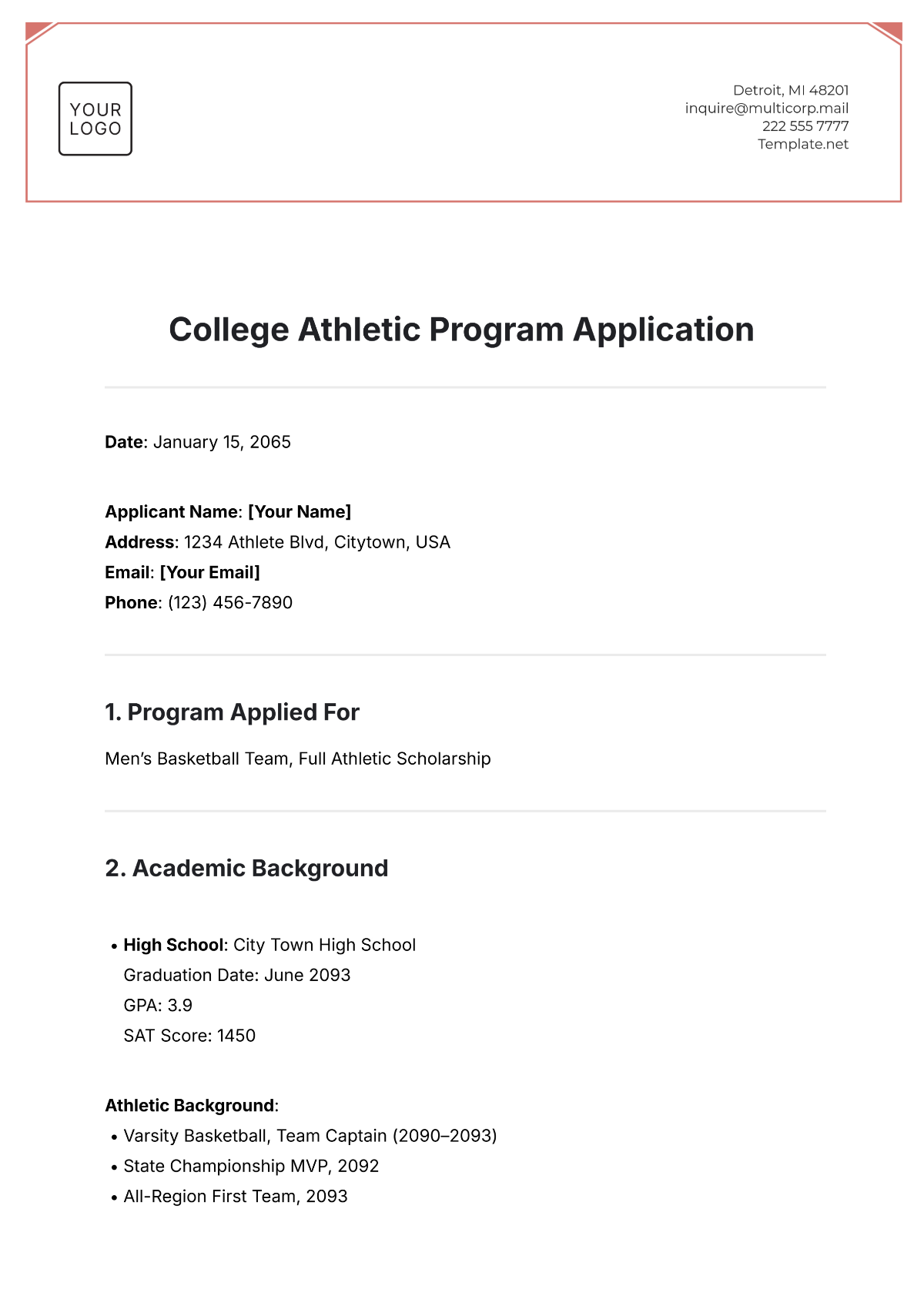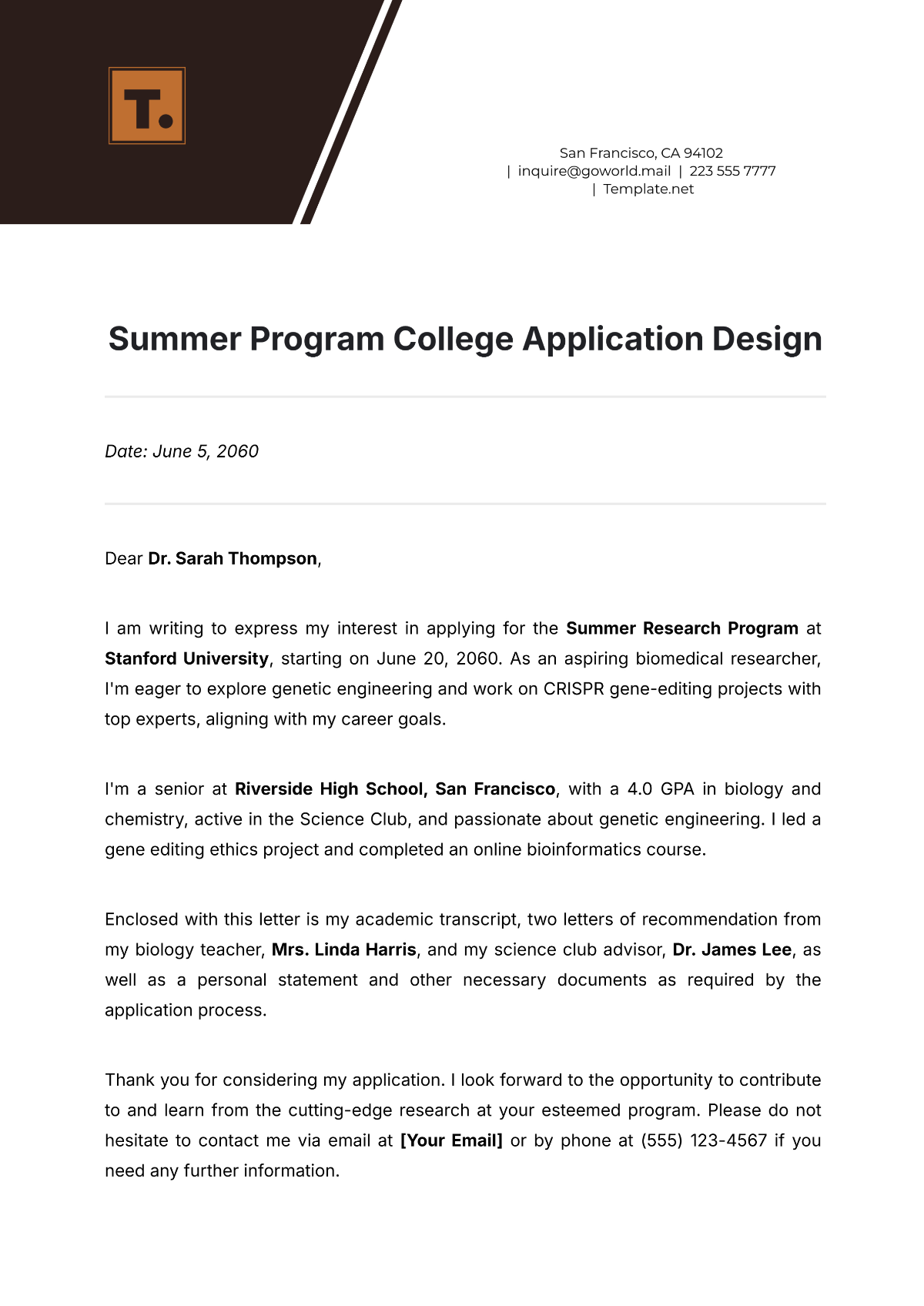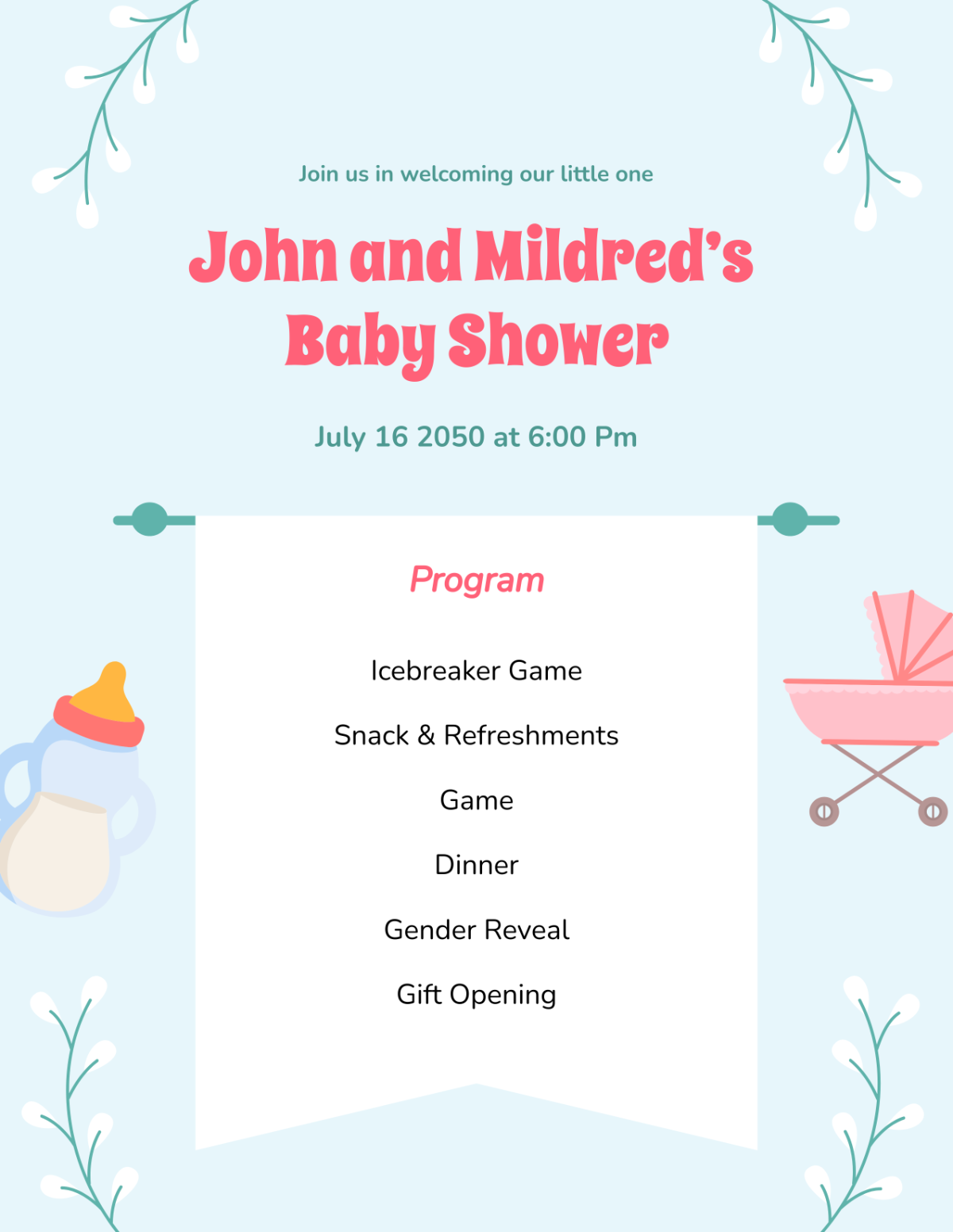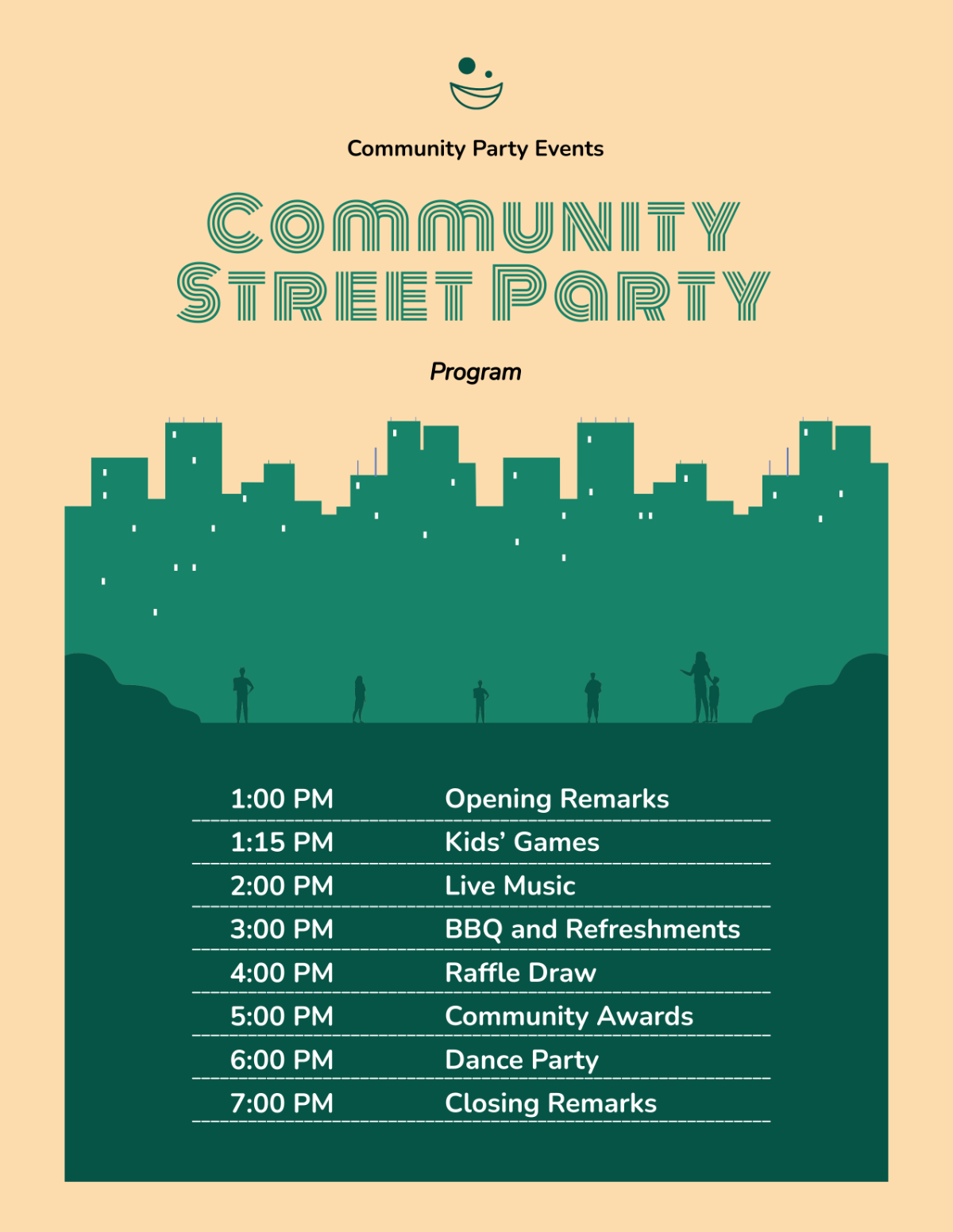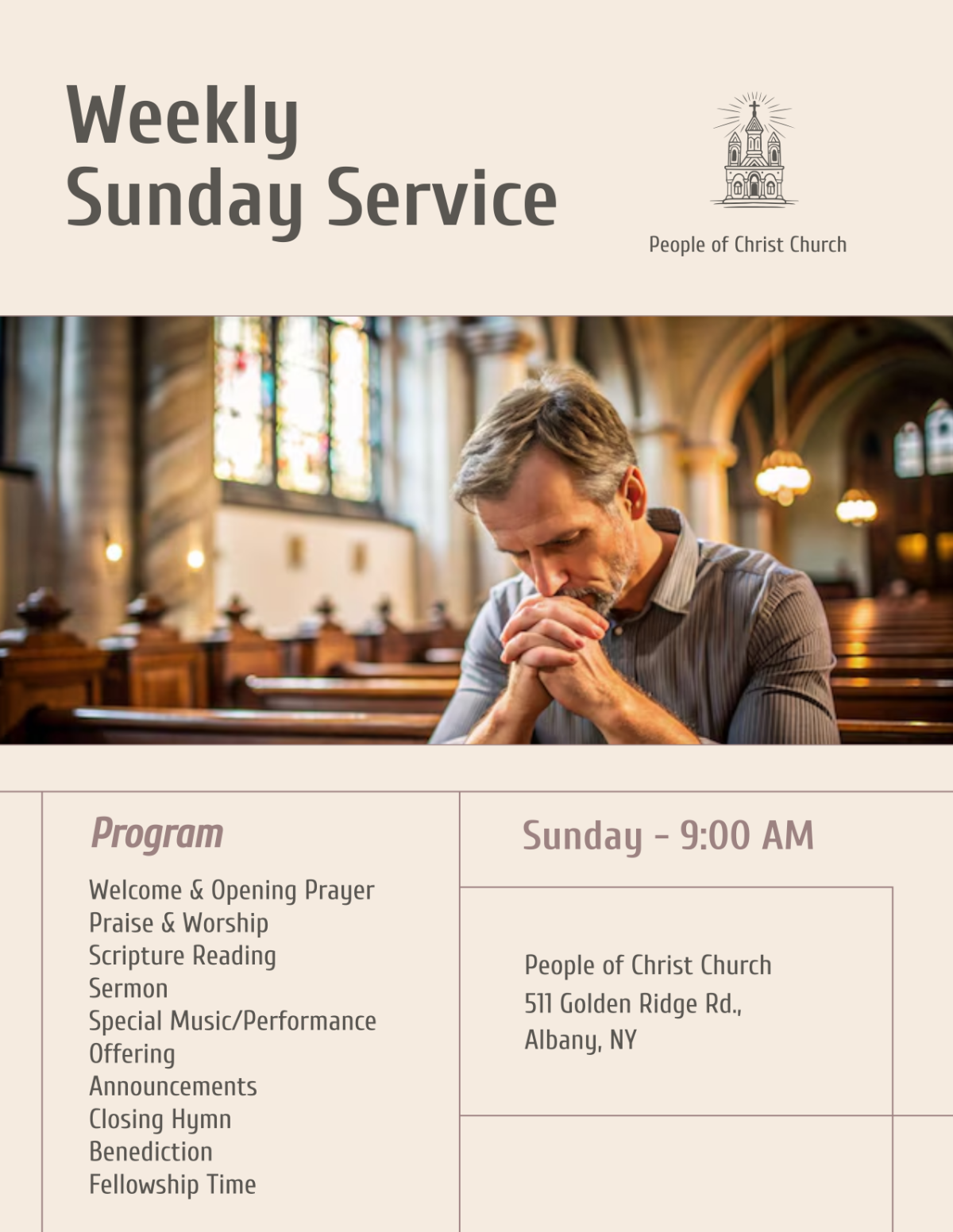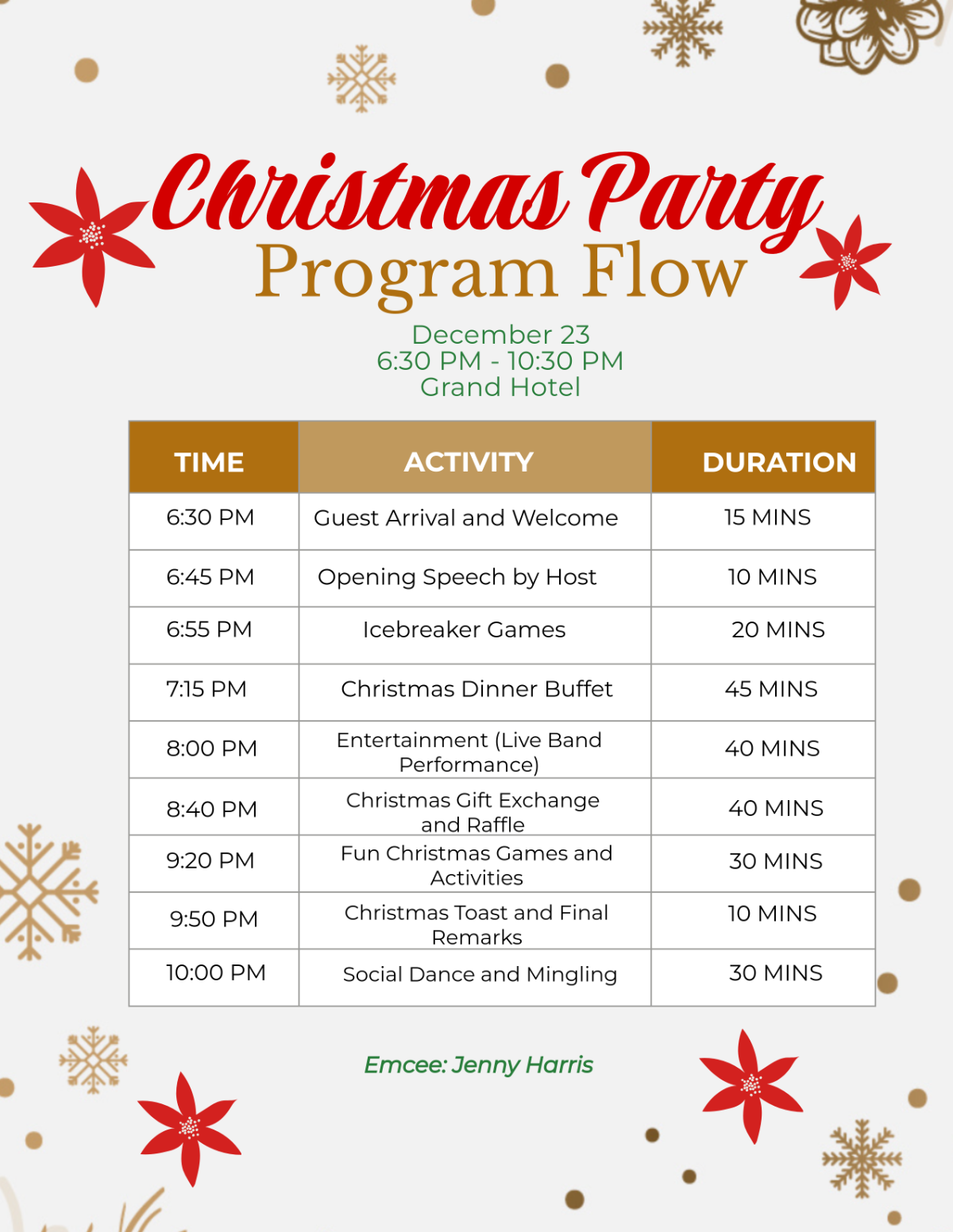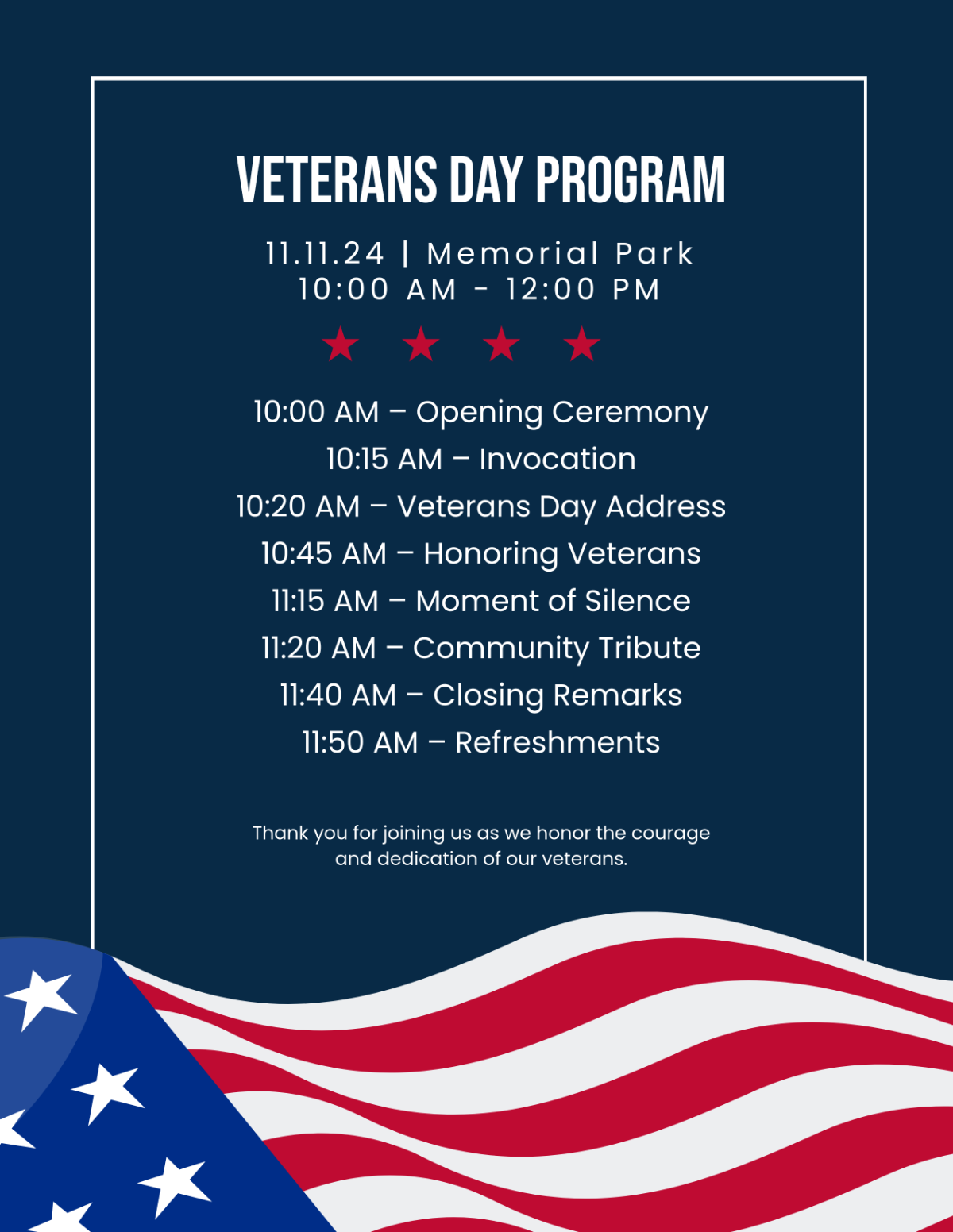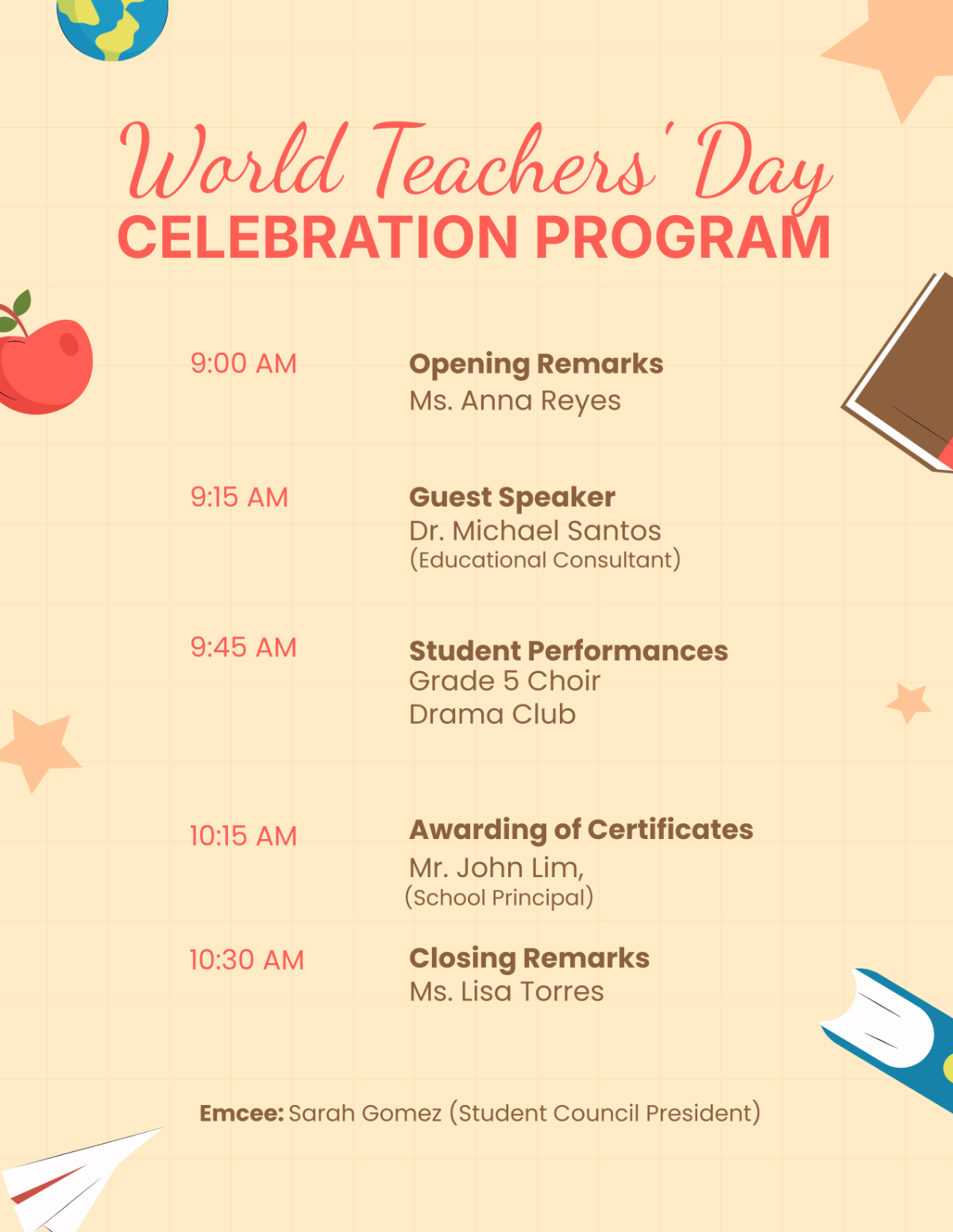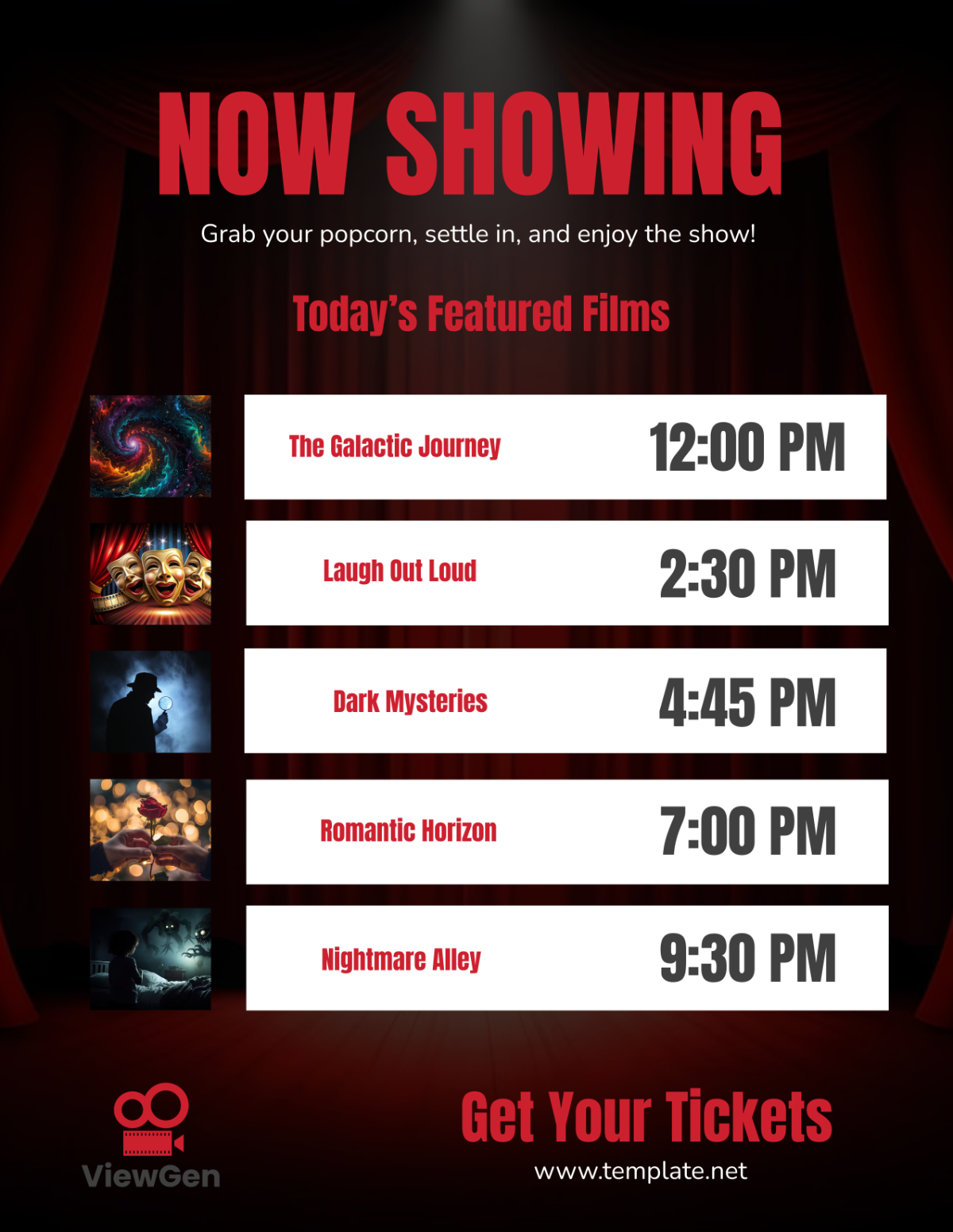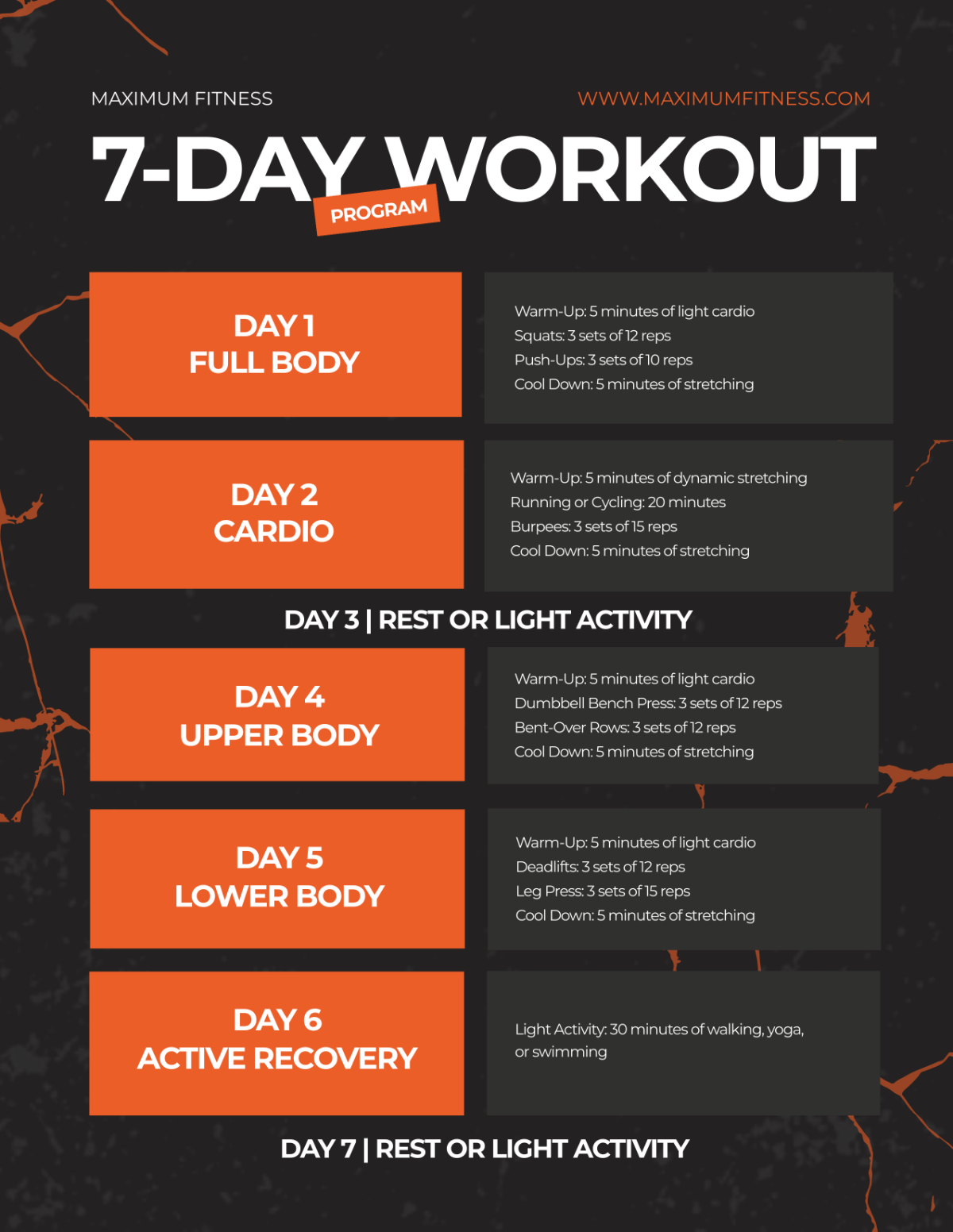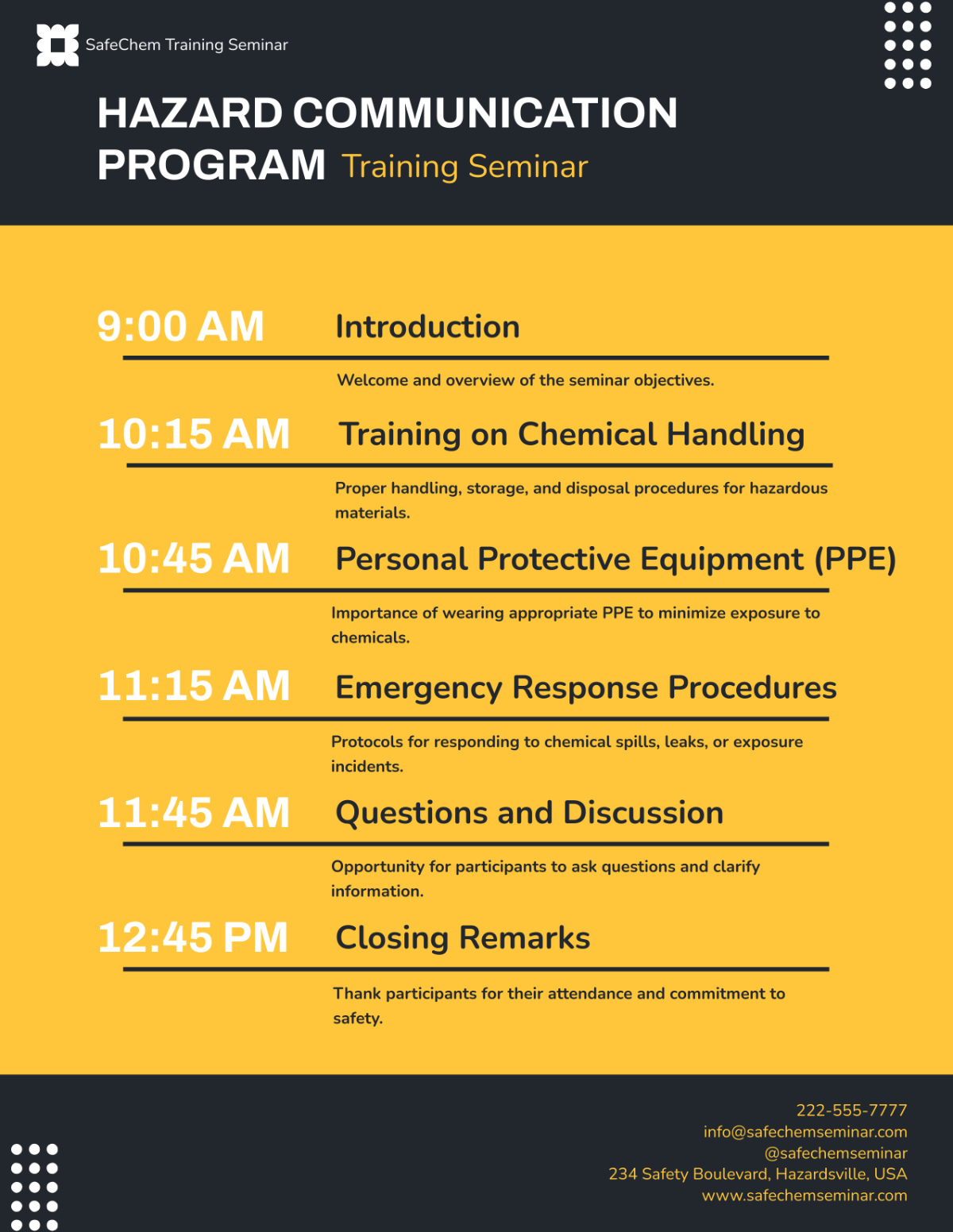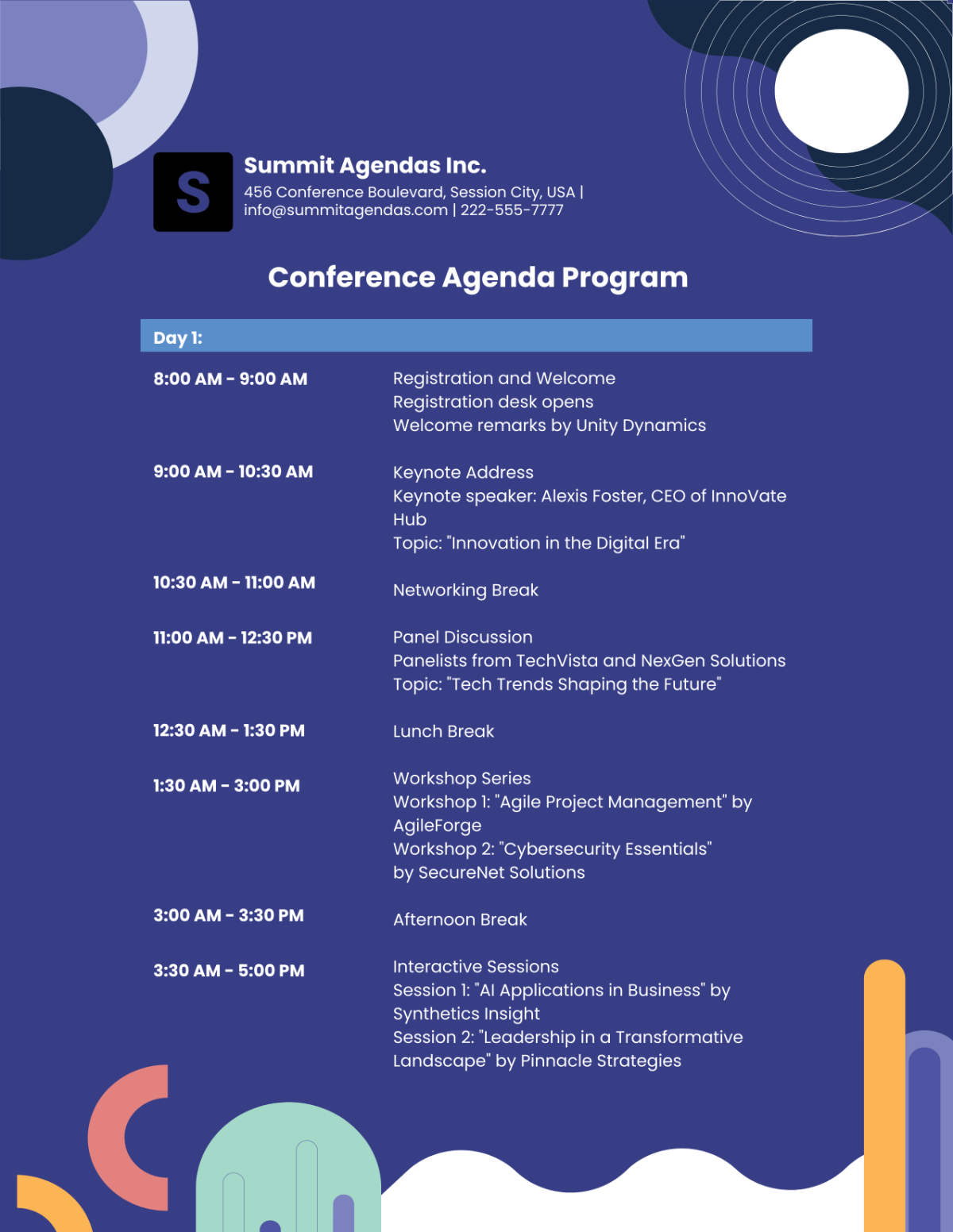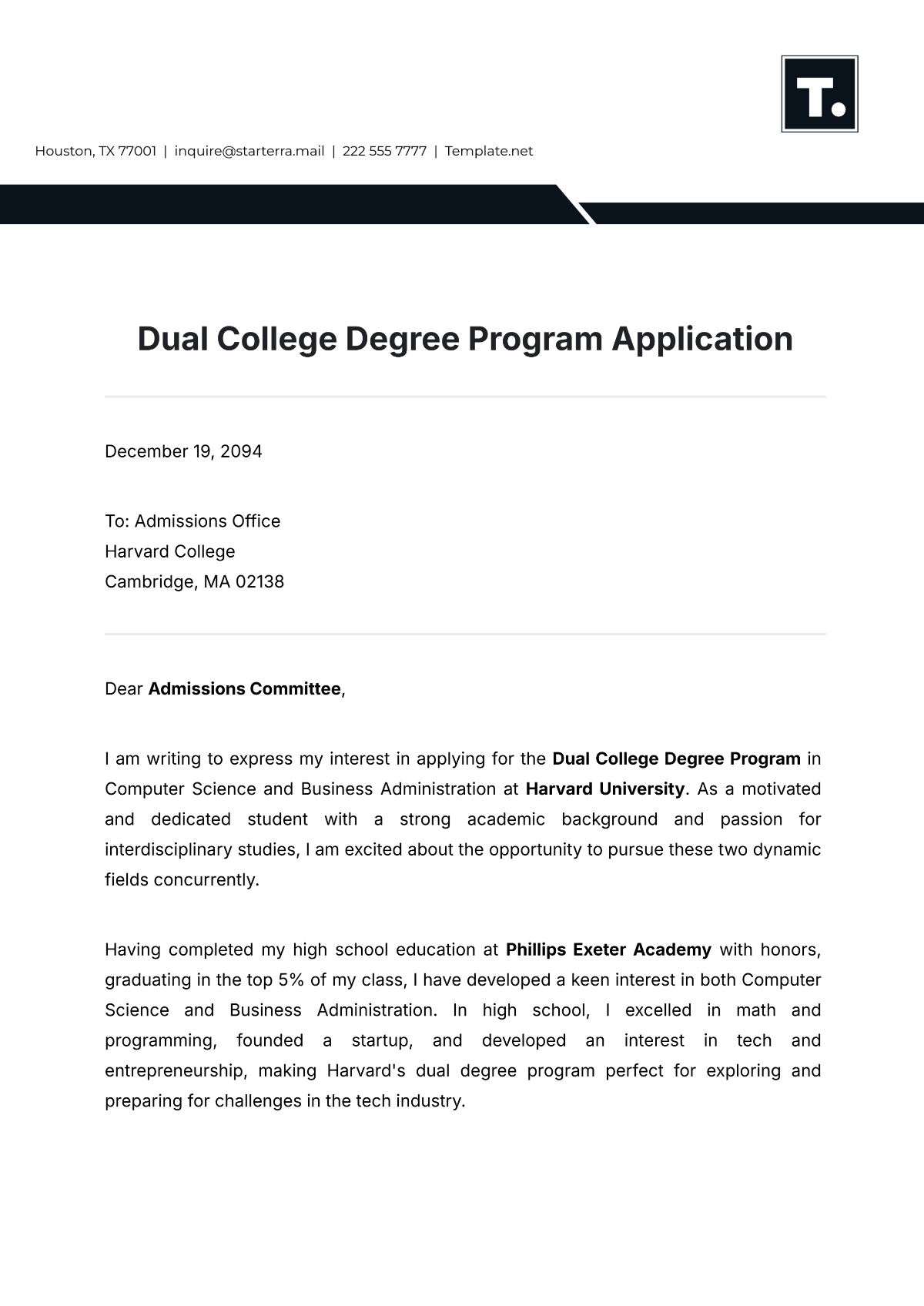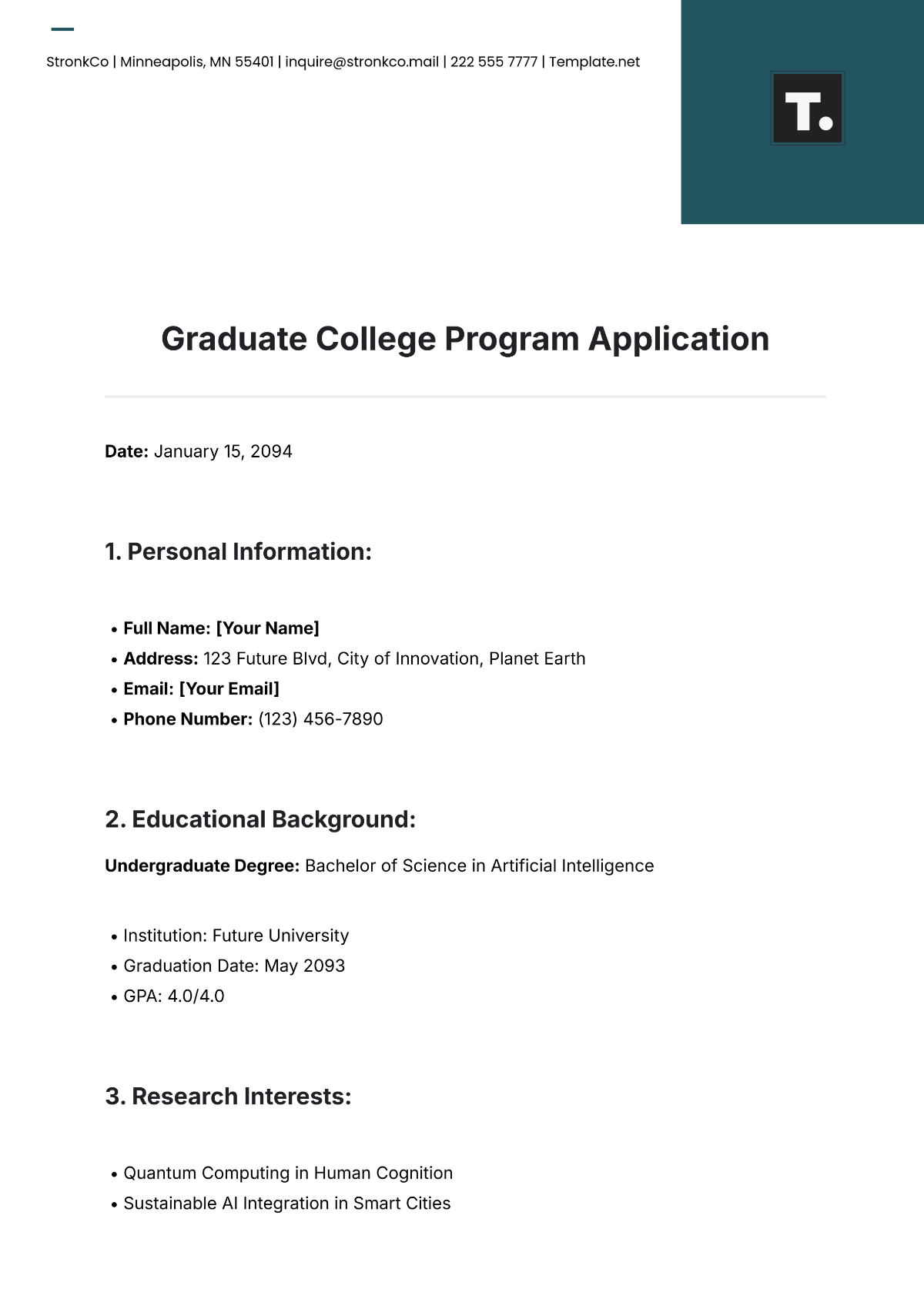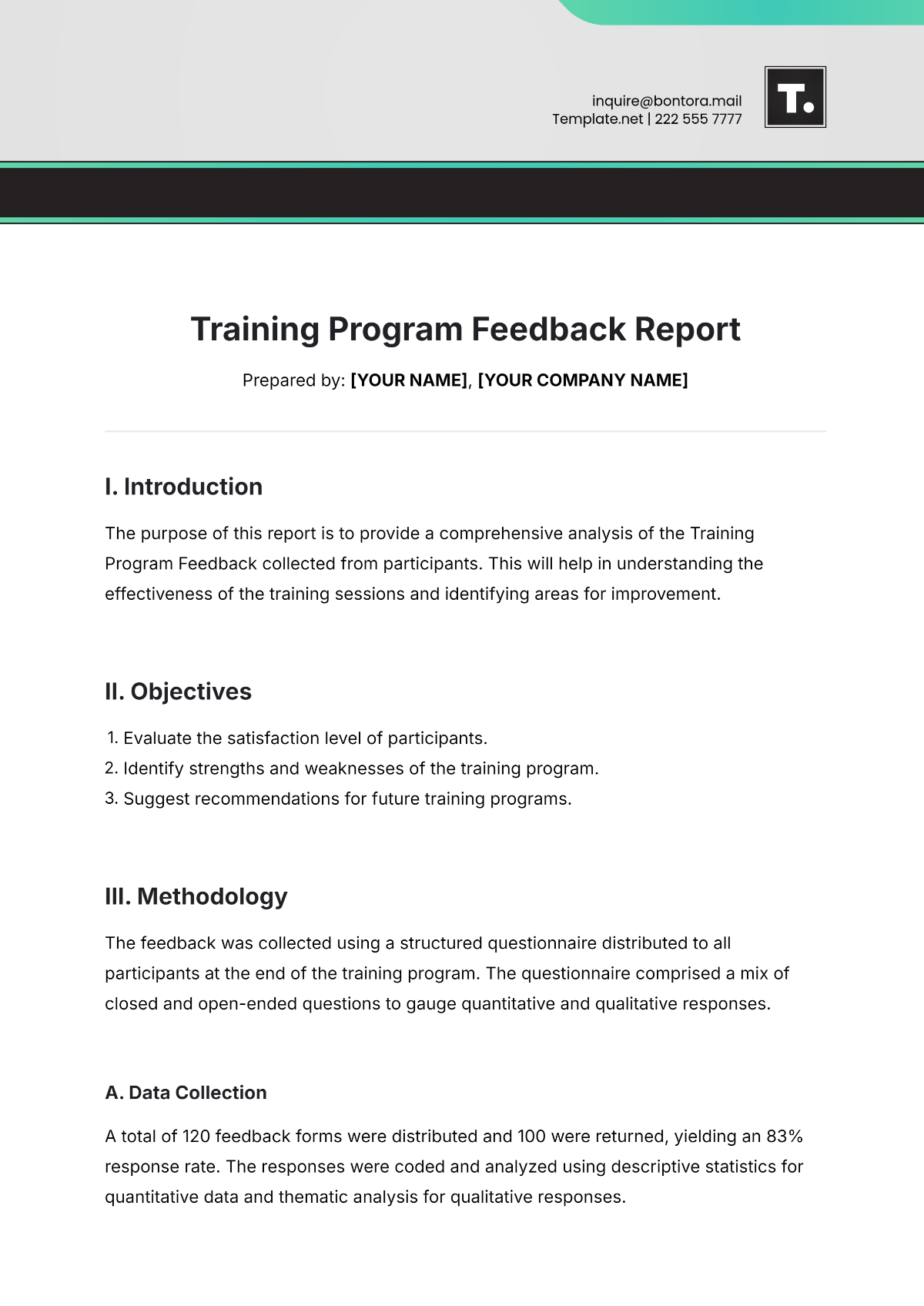PROGRAM CONCEPT NOTE
Prepared by: [Your Name] | Email: [Your Company Email] |
I. Program Title
Empowering Youth through Digital Skills
II. Background
In today’s digital age, acquiring digital skills has become essential for career development and personal growth. However, many young individuals, especially those from underserved communities, lack access to quality digital education. Recent studies indicate that youth with advanced digital skills are significantly more likely to secure higher-paying jobs and excel in various fields. This program aims to bridge the digital skills gap and provide equal opportunities for all youth.
III. Program Objectives
Enhance Digital Literacy: Equip 500 underserved youth with foundational and advanced digital skills over the next year.
Promote Career Readiness: Prepare participants for the job market by providing practical training in coding, digital marketing, and data analysis.
Foster Innovation: Encourage creative problem-solving and innovation by involving participants in real-world projects and challenges.
IV. Target Audience
The program will target youth aged 15-24 from low-income families, particularly those residing in rural and underserved urban areas. Special emphasis will be placed on reaching out to marginalized groups, including girls and minorities.
V. Program Activities
Workshops and Training Sessions: Conduct bi-monthly workshops covering essential digital skills, including coding, graphic design, and cybersecurity.
Online Courses: Provide access to a series of online courses and tutorials tailored to various skill levels.
Mentorship Program: Pair participants with industry professionals for one-on-one mentorship and career guidance.
Project-Based Learning: Organize group projects and hackathons to apply skills in real-world scenarios and foster teamwork.
Career Fairs and Job Placement Assistance: Host career fairs and provide job placement support to connect participants with potential employers.
VI. Implementation Plan
Phase | Activities |
|---|---|
Phase 1 – Preparation | Develop program curriculum, recruit trainers and mentors, and establish partnerships with local organizations and businesses. |
Phase 2 – Execution | Roll out workshops, online courses, and mentorship programs. Begin project-based learning activities and organize career fairs. |
Phase 3 – Evaluation and Expansion | Assess program outcomes, gather feedback from participants, and identify opportunities for program expansion or improvement. |
VII. Budget
Expense Category | Estimated Cost |
|---|---|
Curriculum Development | $10,000 |
Training Materials and Equipment | $15,000 |
Instructor and Mentor Fees | $25,000 |
Online Platform Subscription | $5,000 |
Project Supplies and Software Licenses | $7,000 |
Career Fair Expenses | $8,000 |
Administrative Costs | $10,000 |
Total Estimated Budget | $80,000 |
Potential funding sources include grants from educational foundations, corporate sponsorships, and crowdfunding campaigns.
VIII. Evaluation and Monitoring
The program’s success will be measured through:
Pre- and Post-Assessment Surveys: Evaluate participants’ digital skills before and after the program.
Feedback Forms: Collect participant and mentor feedback on the quality and effectiveness of the training.
Job Placement Rates: Track the number of participants who secure employment or internships within six months of program completion.
Project Outcomes: Assess the quality and impact of the projects completed during the program.
Regular progress reports will be shared with stakeholders, and an end-of-year impact report will be published.


